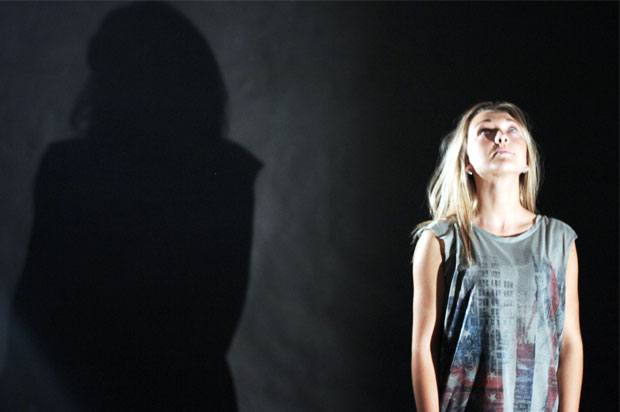Body dysmorphic disorder
We all worry about the way we look from time to time, but what happens when that goes too far and we end up feeling really ugly or fat? Find out more about having a distorted body image here.

Do you see yourself as you really are?
What is body dysmorphic disorder (BDD)?
BDD is when you have a distorted body image and see yourself as very ugly or disfigured. Signs that you might have it include:
- Worrying a lot about your appearance, so much that it disrupts your life.
- You have habits that help you deal with these worries, such as looking in the mirror a lot or picking your skin. In this way BDD is quite similar to OCD.
- These habits disrupt your day to day life.
- Other symptoms can include anxiety, feelings of shame, drinking lots, loneliness, self-harm or even thoughts of suicide.
What causes BDD?
It’s hard to say what causes BDD. It could be because of low self-esteem, bullying, or abuse.
And genetic makeup or stresses such as family conflict are thought to play a part. It can also be seen in some people who have depression or psychosis. Research shows that distorted body image also affects young females more often than males.
What happens?
Some people with BDD often have problems eating. But having BDD doesn’t mean you’ll have an eating disorder, and not all people with eating disorders have BDD.
Some people get fixated on one part of their body, worrying too much about pimples, or the shape of their breasts, nose or penis.
When does it need treatment?
BDD needs treatment if it affects your day to day life. People who think they’re ugly often withdraw from daily life. They spend less time with their friends; lose concentration on their work and studies, and use up all their time and energy obsessing about the way they look. It can make you very depressed, and takes away your personal freedom and enjoyment of life.
What help is available?
If you think you’re suffering from BDD then you should go and see your GP. You might be worried they won’t understand or think that you’re vain, but GP’s know a lot about mental health and are difficult to surprise. They’ll give you treatment such as cognitive behavioural therapy (CBT), medication or maybe even specialist support.
Someone with a serious eating disorder is often admitted to hospital. Behaviour modification, psychotherapy, group therapy and family therapy can all be helpful.
Many thanks to Dr Ghazala Afzal and Florence Nightingale Hospitals for their help with this article.
Next Steps
- Beat help people overcome eating disorders through helplines, online support and self-help groups. Call 0808 801 0677 or, if you're under 18, call their Youthline on 0808 801 0711.
- OCD Action run an online community where you can chat to other people with OCD as well as a phone line 0845 390 6232.
- AnxietyUK run helplines, email support, live chats and therapy services for people with anxiety disorders. 08444 775 774
- Chat about this subject on our Discussion Boards.
- Need help but confused where to go locally? Download our StepFinder iPhone app to find local support services quickly.
By
Updated on 29-Sep-2015
No featured article














